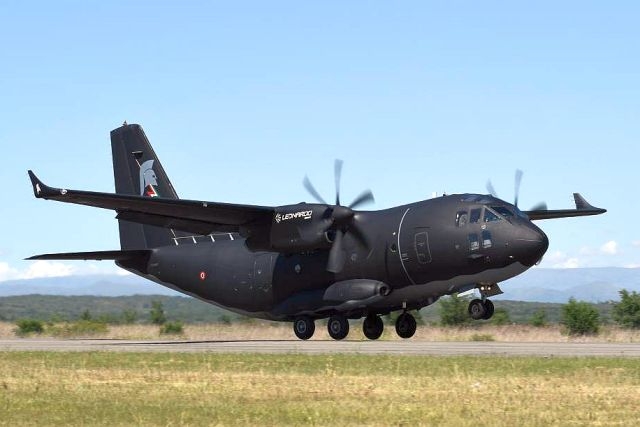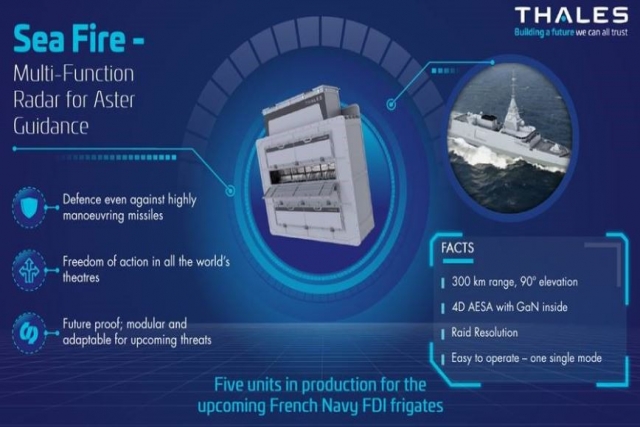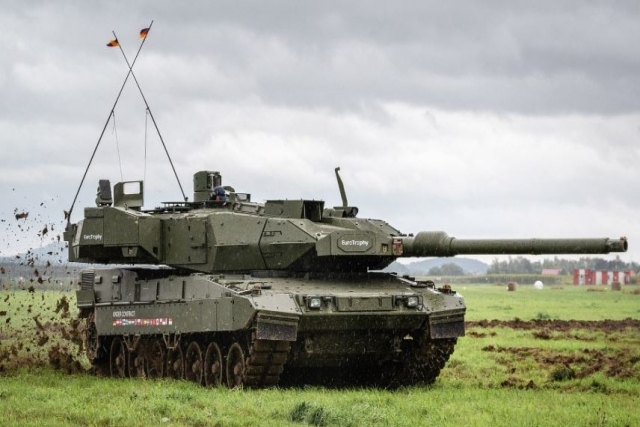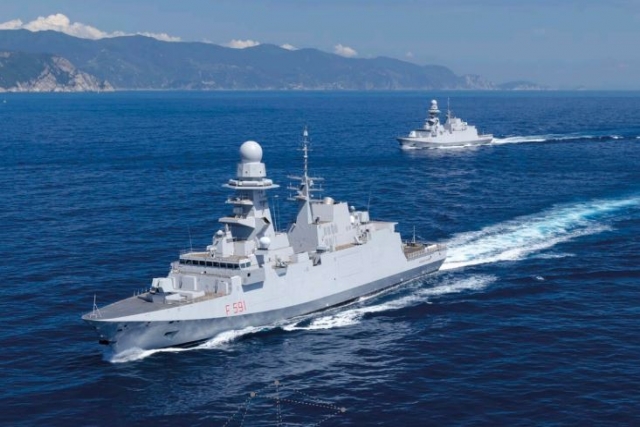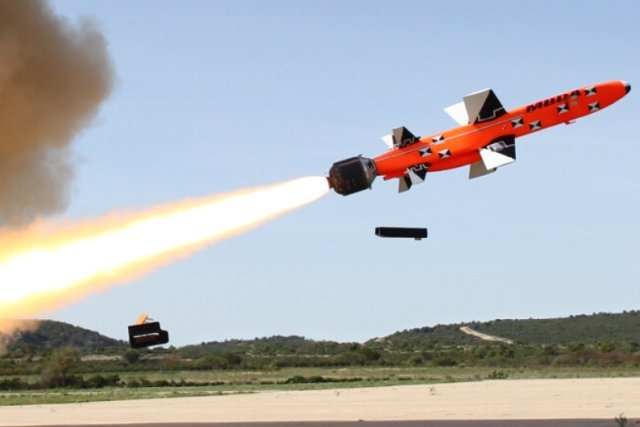Fincantieri to Build Second Logistic Support Ship for Italian Navy

The Raggruppamento Temporaneo di Impresa (RTI) consortium led by Fincantieri signed an agreement with Organisation for Joint Armament Co-operation (OCCAR) to build the second Logistic Support Ship (LSS) for the Italian Navy.
The LSS will be entirely built at the Castellammare di Stabia shipyard, with delivery scheduled for 2025. The value of the contract is approximately € 410 million including the combat system, Fincantieri said in a release.
This contract also includes the option for a third ship. It additionally covers the provision of support over the lifecycle of the vessel in the first ten years, divided into logistics and in-service support (maintenance), as well as the supply of naval components and machinery produced by Fincantieri Mechanical Systems and Components Unit, including shaft lines, steering system, manoeuvring thrusters, fin stabilizers and other handling systems.
As part of the multi-year program aimed at safeguarding Italy’s Defence at-sea capacity (known as the “Naval Act”), Fincantieri is currently building seven multi-purpose offshore patrol vessels (PPA) and the “Trieste” Landing Helicopter Dock (LHD). Last March, it delivered the “Vulcano” LSS, a project that was also acquired by the French Navy for the definition of the Flotlog programme, a series of units built in partnership with the Castellammare di Stabia shipyard.
Logistic Support Ship
The LSS is 193m long and can reach speeds of upto 20 knots. It can accommodate 235 persons including crew members. It has the capacity to supply drinking water for nearly 6,000 people. The ship can perform rescues at sea, through recovery and seabed operations (the ship is equipped with two 30-tonne offshore cranes). It has a base for rescue operations via 2 helicopters and special vessels (2 RHIBs and 2 tenders).
This vessel provides logistics support to the fleet, endowed with hospital and healthcare capabilities thanks to the presence of a fully equipped hospital of approximately 800 square metres, which includes: 2 operating rooms with pre-anaesthesia, a radiology room, a dentist’s office, a gynecological office, 2 emergency rooms, a clinical diagnosis lab and blood bank, an intensive care room, a CT scan room, and a burns room. The ship combines the ability to transport and transfer to other transport vessels liquid cargo (diesel fuel, jet fuel, fresh water) and solid cargo (spare parts, food and ammunitions) and to perform at sea repairs and maintenance work for other vessels. The defence systems are limited to the capacity of command and control in tactical scenarios, communications, and non-lethal dissuasive defence systems. The LSS is also capable of embarking more complex defence systems and becoming a platform for intelligence and electronic warfare systems.

